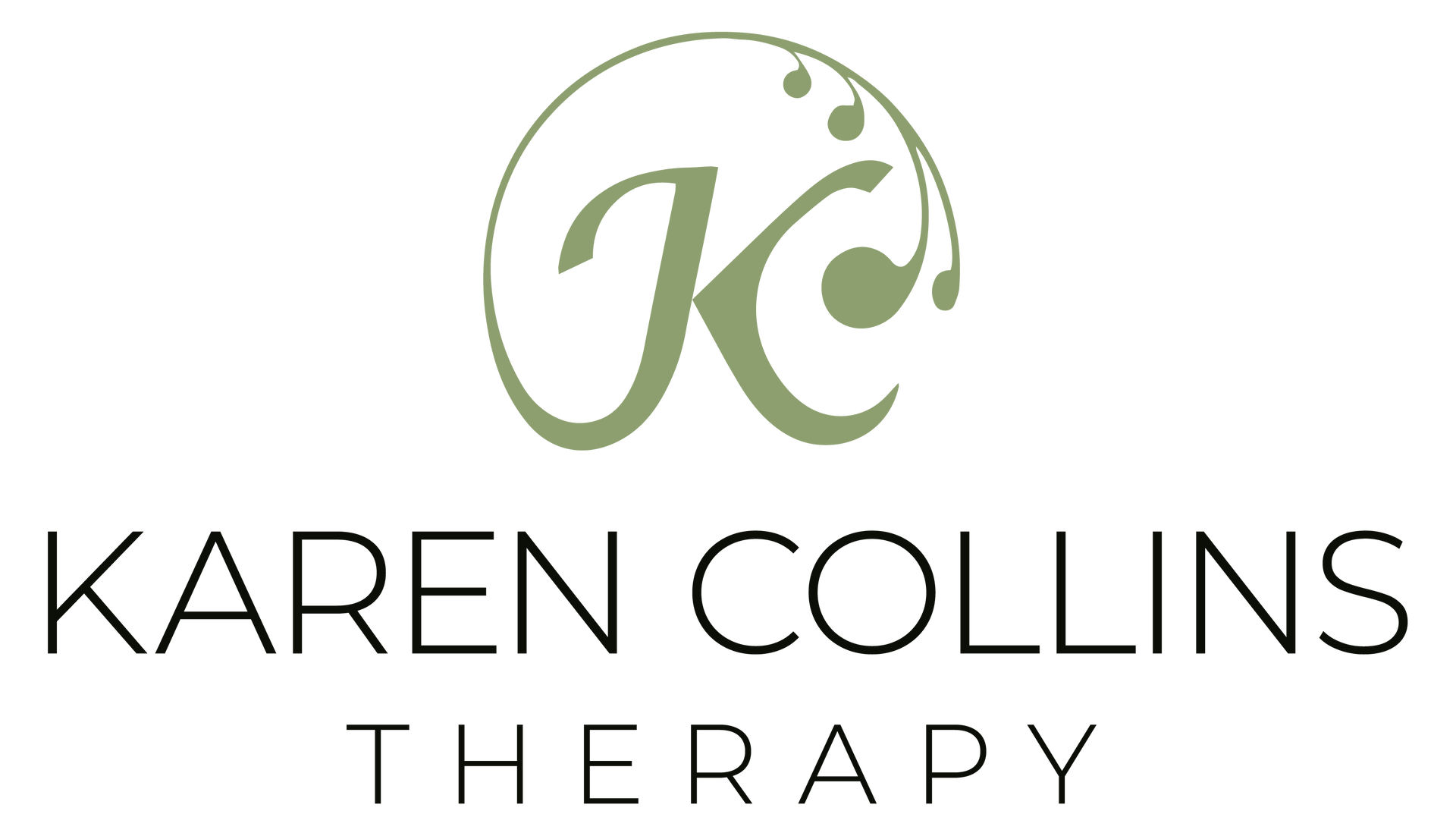Resource & FAQ
Articles by Karen Collins (previously Hamilton)
When Online Dating, It’s Important to Know the Pitfalls
Marin IJ – May 2024
A Parent’s Challenge: It takes patience – and a plan
SF Chronicle – August 2019
Adult Online Exclusion
Marin IJ – November 2018
Kids and Media Violence
Marin IJ – March 2018
People Need Better Access to Mental Health Care
Marin IJ – October 2017
Why I Don’t Like ’13 Reasons Why’
Marin IJ – May 2017
Solutions for When Social Media Makes Kids Feel Excluded
SF Chronicle – April 2017
Nudity and Social Media Harm Girls
SF Chronicle – September 2016
Helping Teens Avoid Cyber Pitfalls
Marin IJ – October 2015
Free Download!
A Parents Guide to Teens, Technology & Social Media

This guide will walk you through how to establish and enforce your family’s Internet and social media rules and their use of devices which provide access to networks. Karen covers the Internet and social media “Best Practices,” which have worked successfully for many families of teens. The examples provided will give you a place to begin setting limits around your teen’s technology time
More Helpful Articles
FAQs
What can I expect in my first session?
Our first session is mostly about getting to know each other. I’ll ask some questions to understand what’s been going on and what’s bringing you in, but there’s no pressure to share everything right away. You can go at your own pace. We'll also talk about what you're hoping to get out of therapy, and I’ll walk you through how I work. It’s completely okay to come in feeling nervous or unsure, my job is to help you feel a little more grounded and supported from the very beginning.
How long will therapy take?
It really depends on what you’re coming in for and what you want from the process. Some people come for a few months to work through something specific. Others stay longer because they find the space helpful for deeper healing or ongoing support. There’s no one-size-fits-all answer, but we’ll check in regularly to make sure therapy is feeling helpful and aligned with your goals.
Do you take insurance?
I’m an out-of-network provider, which means I don’t bill insurance directly. However, I can provide a monthly receipt (called a superbill) that you can submit to your insurance for possible reimbursement. Some clients are able to get a portion of their sessions covered this way, depending on their plan. I’m happy to walk you through how that works.
How do I know if therapy is right for me?
If you’re asking the question, chances are therapy could be helpful. You don’t need to be in crisis to benefit, therapy is for anyone who wants more support, more clarity, or more ease in their life. If something in your life feels off, stuck, or painful, therapy can be a space to explore that with care and without judgment.
What kinds of issues do you specialize in?
I work with adults and couples who are navigating anxiety, trauma, relationship struggles, emotional overwhelm, or a general sense of disconnection, from others or themselves. I also support people who’ve grown up in difficult family systems or who’ve had experiences that still impact their nervous system or relationships today.
What’s your approach to therapy?
I blend relational, attachment-focused work with evidence-based modalities like Emotionally Focused Therapy (EFT) and trauma-informed care. That means I pay attention not just to what’s happening now, but to the emotional patterns underneath it. I work collaboratively, you’ll never feel like I’m just nodding or “mm-hmming” through your session. I’ll be right there with you, asking questions, offering insight, and holding a steady space for your growth.
What if I’ve had a bad therapy experience before?
I hear that more often than you might think. If you’ve had a therapy experience that felt unhelpful, invalidating, or even harmful, I’m really sorry that happened. It’s okay to bring that into our work together. We’ll move at a pace that feels safe for you. You won’t be expected to trust me right away, I’ll earn it over time, and you get to decide what works for you.

Reach Out Today
Still have questions? I know therapy can feel like a big step, and it’s totally okay to move at your own pace. If you're wondering whether this could be a good fit for you, I’d be honored to support you.












